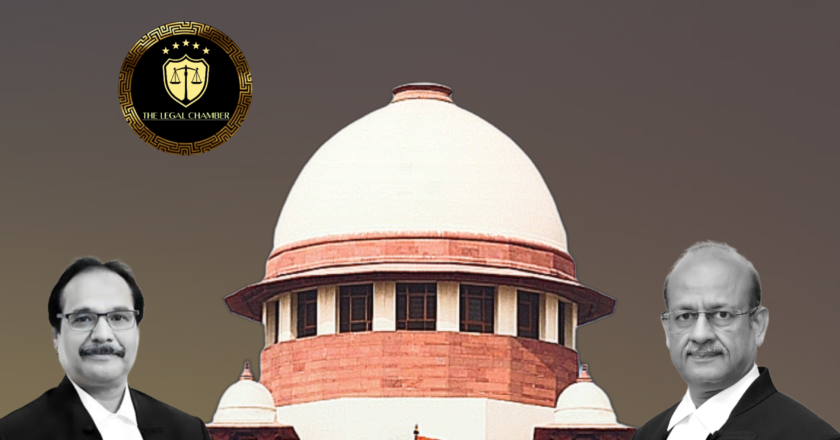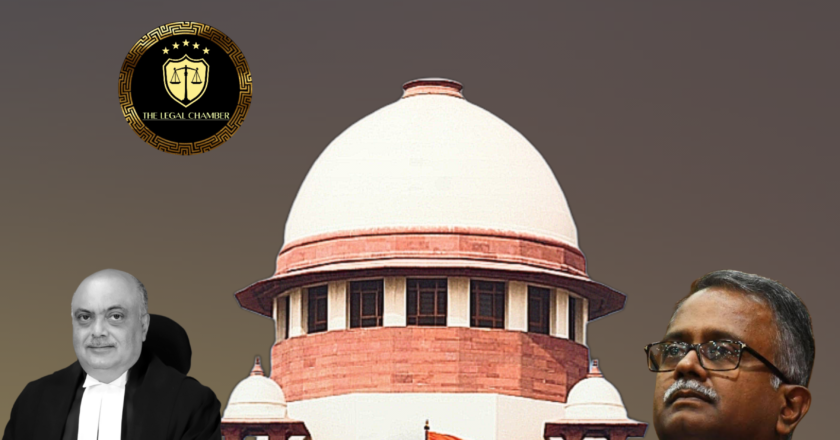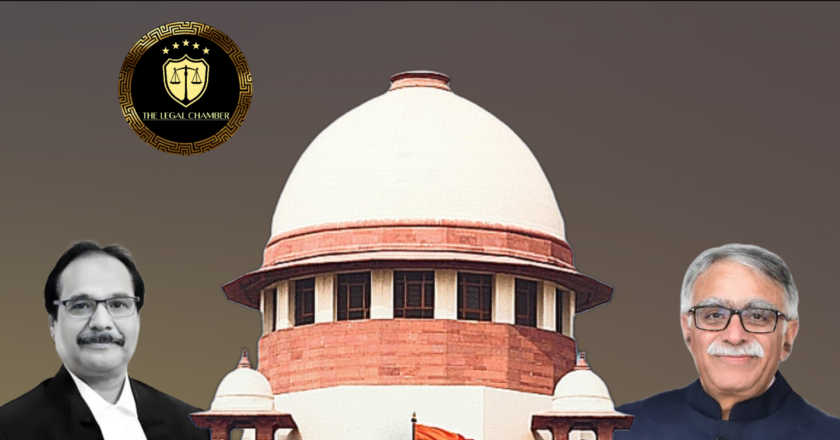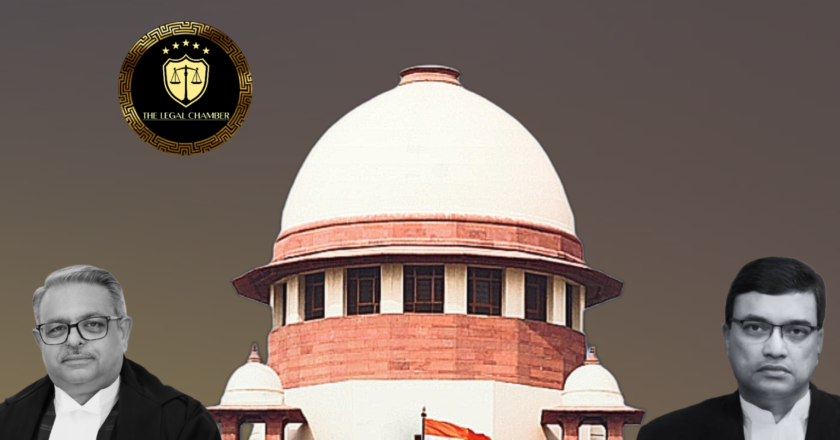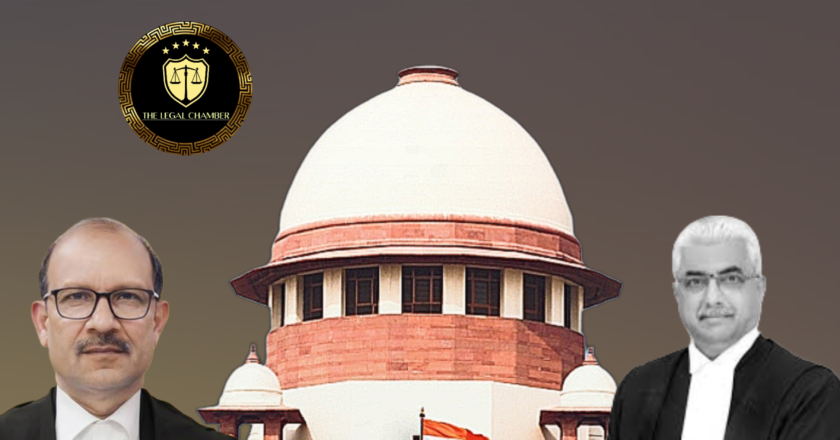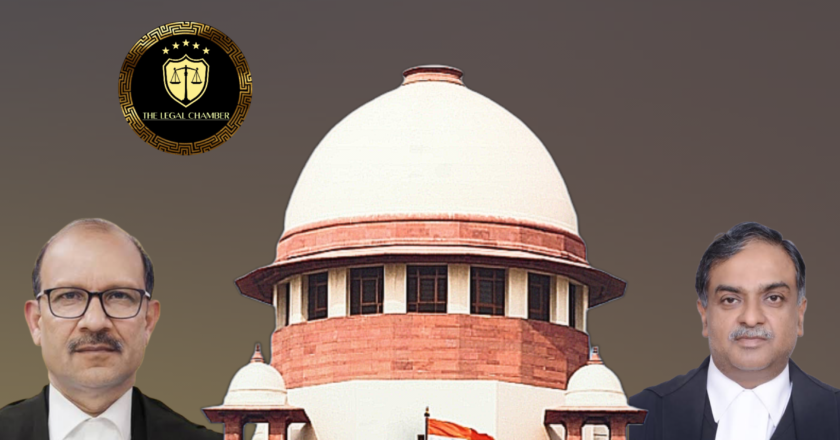No Redemption After Auction Notice: Supreme Court Major Ruling on Bank Loan Recovery
This Supreme Court judgment clarifies that the right of redemption of a mortgagor under Section 13(8) of the SARFAESI Act is extinguished upon the publication of the notice of sale, as per the 2016 amendment. The Court held that this amended provision is retrospective in operation and overrides the general right of redemption under the Transfer of Property Act, 1882. The ruling emphasizes that only a single composite notice of sale is required under the SARFAESI Rules, irrespective of the mode of transfer adopted by the secured creditor.
Facts Of The Case:
The borrowers, M/s KPK Oils and Proteins India Pvt. Ltd. and its guarantors, availed credit facilities from the respondent Bank in January 2016, creating an equitable mortgage over various properties. After the loan account was classif...


